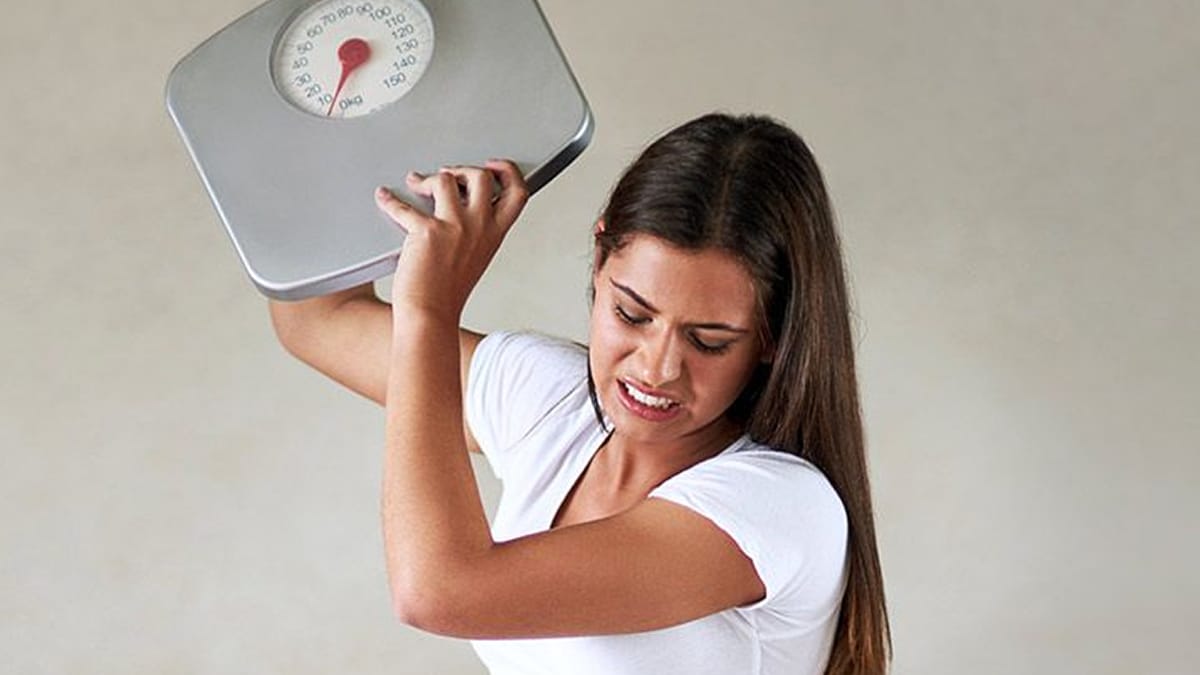Can Drinking Coffee Support Real Weight Loss?
When it comes to weight loss, coffee often comes up as a popular tool. The short answer is yes, drinking coffee can support real weight loss, but only when consumed correctly and as part of a healthy lifestyle. Coffee itself is not a magic solution, but its caffeine content and bioactive compounds can stimulate metabolism, increase fat oxidation, improve workout performance, and help control appetite. However, adding excessive sugar, cream, or flavored syrups can quickly turn coffee into a high-calorie beverage that sabotages weight loss goals.

Can Drinking Coffee Support Real Weight Loss?
In this article, we will explore how coffee interacts with the body, what science says about caffeine and fat burning, potential risks, and how men and women can use coffee strategically for safe and effective weight management.
The Science Behind Coffee and Weight Loss
Coffee contains caffeine, a natural stimulant that acts on the central nervous system. Multiple studies have shown that caffeine can increase metabolic rate by 3–11 percent for a few hours after consumption. According to a study published in the American Journal of Clinical Nutrition, caffeine increases fat oxidation, meaning it helps the body burn stored fat more efficiently during both rest and exercise.
Another study in the International Journal of Obesity revealed that regular coffee drinkers had slightly lower body fat levels compared to non-drinkers, although lifestyle factors also played a role.
Beyond caffeine, coffee also contains antioxidants like chlorogenic acid, which may slow carbohydrate absorption in the gut and support better blood sugar control. Stable blood sugar levels mean fewer cravings and less risk of fat storage.

How Coffee Affects Metabolism
Metabolism is the rate at which the body burns calories to maintain basic functions and activity. Drinking coffee temporarily boosts thermogenesis, the process of heat production in the body, which requires energy (calories).
Men and women may experience slightly different effects. Men, with generally higher muscle mass, may benefit from the performance-enhancing properties of coffee before workouts. Women, who are more prone to stress-related eating, may find that moderate coffee intake reduces appetite and enhances focus, helping them stay consistent with diet goals.
Coffee as a Pre-Workout Aid
One of the most effective ways to use coffee for weight loss is as a pre-workout drink. Caffeine increases adrenaline levels, which prepares the body for physical activity by breaking down fat cells into free fatty acids that can be used as fuel.
Research from the Journal of Sports Medicine shows that athletes who consume caffeine before training have better endurance, greater fat utilization, and improved strength performance. This means that coffee not only boosts calorie burn but also enhances workout intensity, leading to more long-term fat loss.
Coffee and Appetite Suppression
For many people, coffee can act as a mild appetite suppressant. Drinking a cup in the morning or before meals may reduce hunger, helping individuals consume fewer calories throughout the day.
However, this effect can vary. Some people may experience increased cravings later as a rebound effect. It’s important not to rely solely on coffee to control appetite, but rather to pair it with a balanced diet rich in protein, fiber, and healthy fats.
The Risks of Using Coffee for Weight Loss
While coffee has potential benefits, there are also risks to consider:
Hidden Calories
Specialty coffee drinks with cream, syrups, and whipped cream can contain more than 400 calories—completely counteracting the fat-burning benefits.Overconsumption of Caffeine
Too much caffeine can lead to insomnia, anxiety, rapid heartbeat, digestive issues, and hormonal imbalances.Dependence and Tolerance
Over time, the body may adapt to caffeine, reducing its effectiveness. This means larger doses are needed to achieve the same effect, which increases risks.Impact on Women’s Hormones
High caffeine intake may disrupt estrogen balance and menstrual cycles in sensitive women, making moderation even more crucial.

How to Use Coffee Strategically for Weight Loss
Drink It Black or With Minimal Additives
Keep coffee simple to avoid extra calories. A splash of unsweetened almond milk or a small amount of cinnamon can add flavor without harm.Time It Right
The best time to drink coffee for weight loss is in the morning or 30–60 minutes before a workout. Avoid late-night coffee, which disrupts sleep and can harm metabolism.Pair Coffee With Protein
Drinking coffee alongside a high-protein breakfast stabilizes blood sugar and prevents rebound cravings.Cycle Your Intake
Take caffeine breaks every few weeks to prevent tolerance. For example, limit coffee to 5 days a week instead of daily.Stay Hydrated
Coffee has a mild diuretic effect, so drink enough water to avoid dehydration, which can slow weight loss.
Real-Life Example
Consider Anna, a 32-year-old office worker who struggled with late-night snacking and fatigue during workouts. By switching her sugary morning latte for a cup of black coffee and using another small cup before exercise, she noticed a 20 percent boost in workout performance and reduced snacking urges. Over six months, combined with a healthy diet, she lost 18 pounds.
On the other hand, Tom, who relied on 5 cups of coffee daily loaded with cream and sugar, found his weight loss stalled. When he reduced to 2 cups of black coffee and focused on proper meals, his fat loss restarted.
These examples show that coffee can either be a powerful ally or a hidden enemy depending on how it’s consumed.
Frequently Asked Questions (FAQ)
Can drinking coffee alone make me lose weight?
No, coffee is not a magic solution. It supports weight loss only when paired with a calorie-controlled diet and regular exercise.
Is black coffee the best for weight loss?
Yes, black coffee without sugar or cream is the best choice because it contains minimal calories and maximizes the benefits of caffeine.
How much coffee should I drink for weight loss?
Most research suggests 2–3 cups per day (200–300 mg of caffeine) is effective and safe for weight management.
Does coffee boost metabolism permanently?
No, the metabolism boost is temporary, lasting a few hours after consumption. Consistency in diet and activity is still key.
Can coffee before exercise really help burn fat?
Yes, drinking coffee 30–60 minutes before workouts enhances fat oxidation and endurance, making workouts more effective for fat loss.
Are there any safe products to support coffee-based weight loss?
High-quality organic coffee beans
Cold brew maker for low-acid coffee
Reusable metal or glass coffee filters
Protein powder to pair with coffee for balanced nutrition
BPA-free water bottle to stay hydrated alongside coffee intake
Tips and Warnings
Avoid high-calorie coffee drinks—they destroy weight loss progress.
Don’t exceed 400 mg caffeine daily to prevent health risks.
If sensitive, choose green tea as a milder alternative.
Use coffee as a tool, not a crutch—focus on whole foods and exercise.
Protect sleep quality, as poor rest cancels out coffee’s benefits.
Final Thoughts
Coffee can support real weight loss when consumed wisely and in moderation.
Black coffee is the most effective choice with minimal calories.
Timing matters—morning or pre-workout coffee brings the best results.
Pair coffee with protein and whole foods to avoid rebound cravings.
Limit caffeine to safe levels and avoid dependency.
Women should be mindful of hormonal sensitivity to caffeine.
Long-term success comes from lifestyle balance, not coffee alone.
Reference & Additional Reading
Inspired by studies and insights from:
www.health.harvard.edu
www.menshealth.com
www.healthline.com
www.womenshealthmag.com
www.ncbi.nlm.nih.gov
www.webmd.com
www.medlineplus.gov
www.tridenttech.edu
www.burnexia.com

